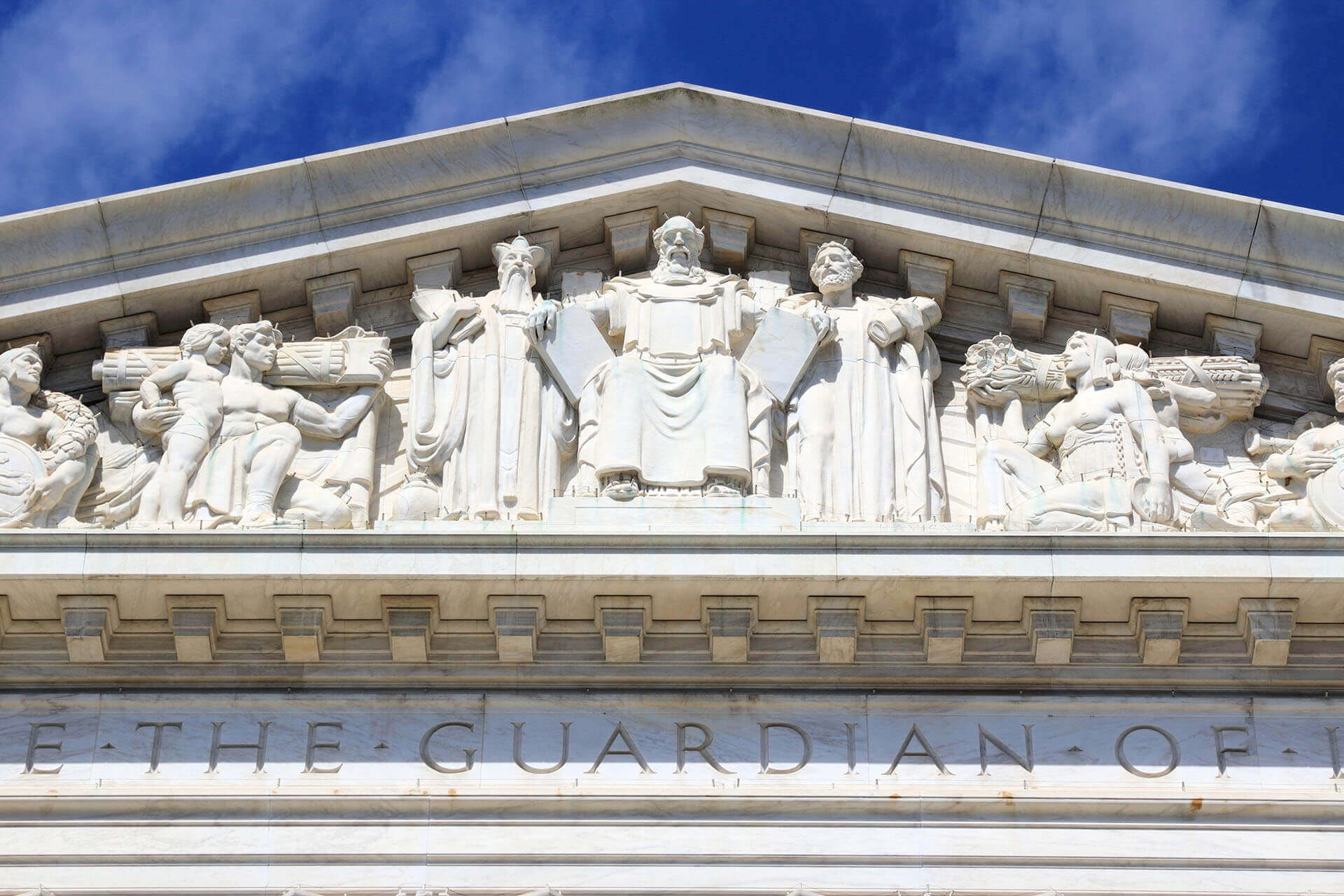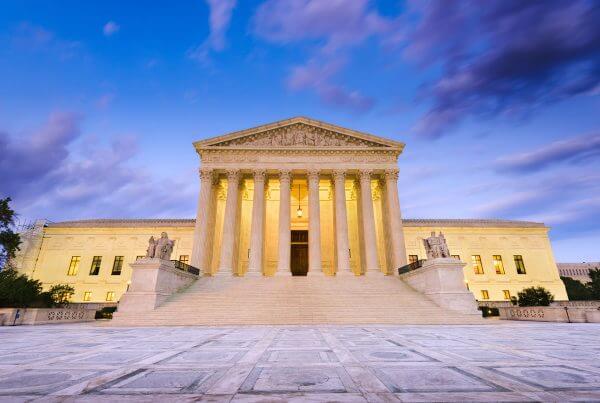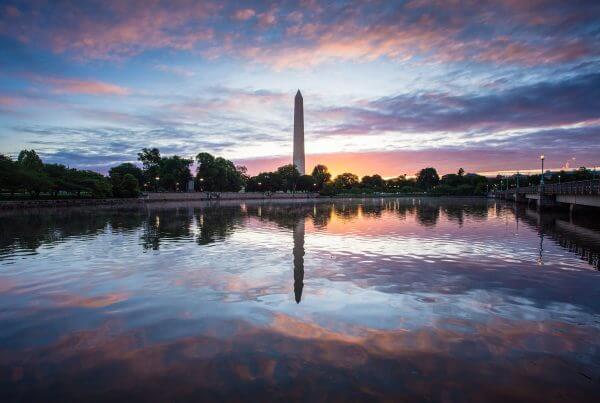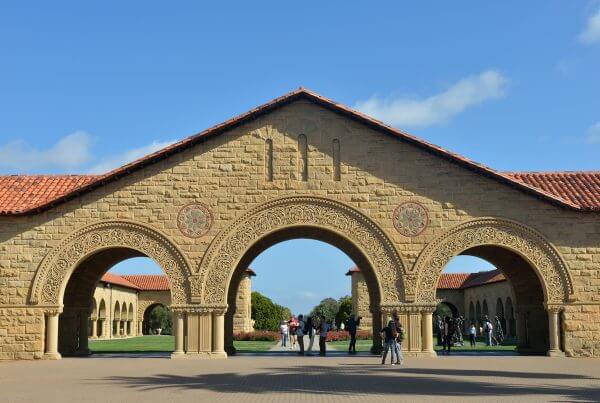This post was originally published on Tuesday, November 3, 2020. It was updated on Wednesday, November 4, 2020, with new information.
Key Points
- On November 3, 2020, the 7th Circuit Court of Appeals in Chicago stayed a decision to vacate the Public Charge Rule
- Adjustment of Status (AOS) applications must be filed with the Form I-944
- Appellees must submit briefs by November 17, 2020
Overview
Following an appeal by the Trump Administration, the US Circuit Court of Appeals in Chicago, Illinois issued an administrative stay on November 3, 2020, to vacate the Public Charge Rule nationwide. Appellees must submit briefs by November 17, 2020.
Looking Ahead
CIP is closely monitoring this story. We will provide updates as available.
**ORIGINAL POST**
Key Points
- The Federal District Court in the Northern District of Illinois in Chicago, Illinois vacated the Public Charge Rule effective November 2, 2020
- The Public Charge Rule is vacated nationwide
- Starting today (November 2), DHS can no longer apply the Public Charge Rule
- The latest ruling follows extensive litigation on the Public Charge Rule since its implementation
Overview
On November 2, 2020, the Federal District Court in the Northern District in Chicago, Illinois vacated the Public Charge Rule nationwide. Effective immediately, the Department of Homeland Security (DHS) can no longer apply the Public Charge Rule.
Background
The Public Charge Rule was implemented on February 24, 2020. It has been the subject of ongoing litigation since then. Two nationwide injunctions were issued against DHS in July 2020 that temporarily blocked the Trump Administration from enforcing the Public Charge Rule due to the COVID-19 pandemic. On September 22, 2020, DHS reimposed the Public Charge Rule nationwide.
Who is Affected?
The Public Charge Rule impacts anyone who receives certain federal benefits, including all immigrant (IV) and nonimmigrant visa (NIV) applicants with limited exceptions. DHS considers foreign nationals who are likely to become a public charge at any time inadmissible to the United States and ineligible for lawful permanent resident status. DHS considers a public charge to be a foreign national who has received one or more public benefits for more than 12 months in a 36-month time period.
What has Changed?
On November 2, 2020, the Federal District Court in the Northern District in Chicago, Illinois ruled that the Public Charge Rule violates the Administrative Procedure Act. Specifically, the court ruled that the Public Charge Rule exceeds DHS’s authority under the public charge provision of the Immigration and Nationality Act (INA). The court ruled that the Public Charge Rule is not in accordance with the law, and it is arbitrary and capricious.
What are the Impacts?
Vacatur of the Public Charge Rule is effective immediately. Additionally, Form I-944 and supplemental questions on Forms I-129s and I-539s are no longer required.






